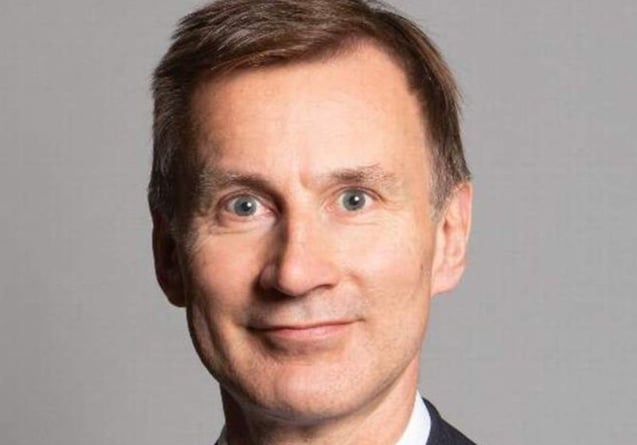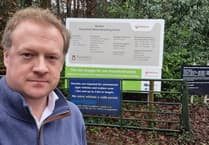AS YOU read this the news will be full of stories about the local elections and whether or not the political parties have done as well as they should and what ‘messages’ the electorate have chosen to send back to Westminster.
I am writing this before knowing those results but would like to offer some thoughts as to why I think local democracy is failing in this country – and we are missing a big opportunity as a result.
I totally understand that voters like to use local elections to send a message to the government nationally.
That serves an important purpose, just as the mid-term elections do in the United States. But if that is what local elections become all about – as it feels sometimes reading the national press – isn’t that also a symptom of the bigger problem that we have, namely that because local councils have very limited powers, in practice the outcomes of local elections matter less than they should?
My experience as local MP is that people are usually passionate about the area they live in. The late and wonderful Sir Ray Tindle exemplified that with his love of Farnham: it didn’t matter how much fame and fortune he had acquired, his commitment was to us and our community.
So it remains extraordinary that the turnout for local elections is usually around half that of a general election.
This does not in fact reflect people’s actual priorities, but rather a sense of grim realism about the impact of local election results on their lives.
Because so much of what local governments can do is constrained by national governments – whether on planning rules or the envelopes in which they can raise or reduce tax – people have become sadly cynical about local elections.
As a result the chance to cast a vote in a way that will really help to shape the future of the area you live in is lost – and democracy is the poorer.
Part of the issue is a lack of understanding about what local councils do combined with confusion about which layers of local authority are responsible for what.
One way to solve this would be to have directly elected mayors, something I have long supported. But mayors on their own do not solve the issue: they need to have real power to make a difference in the areas in which they live.
Local Plans and Neighbourhood Plans, recently introduced, are a step in the right direction. But when a planning authority cannot demonstrate a five year housing supply (as is the case currently in Waverley), planning inspectors will then overturn planning decisions on appeal leading to a planning free for all.
I would like Neighbourhood Plans to have at least five years protection in such situations and not the two years they currently get. I have raised the issue a number of times with Michael Gove alongside the redoubtable councillor for The Bourne, Carole Cockburn.
There is another reason why this matters: part of the glue that binds a nation together is the sense that prosperity is shared across all its citizens.
In this country London and the South East are some of the richest parts of Europe – whereas further out you can find some of the poorest.
The imbalance between the wealthiest and most deprived parts of our country is a national embarrassment – which is why the government’s ‘levelling up’ agenda, is so important. But levelling up cannot just be about big infrastructure projects, important though they are.
Unless we set our civic entrepreneurs free through properly empowered local authorities we will never allow them to stand on their own two feet. Reinvigorating local democracy would pay enormous dividends for all us locally – but even more so in parts of the country that have been left behind.




